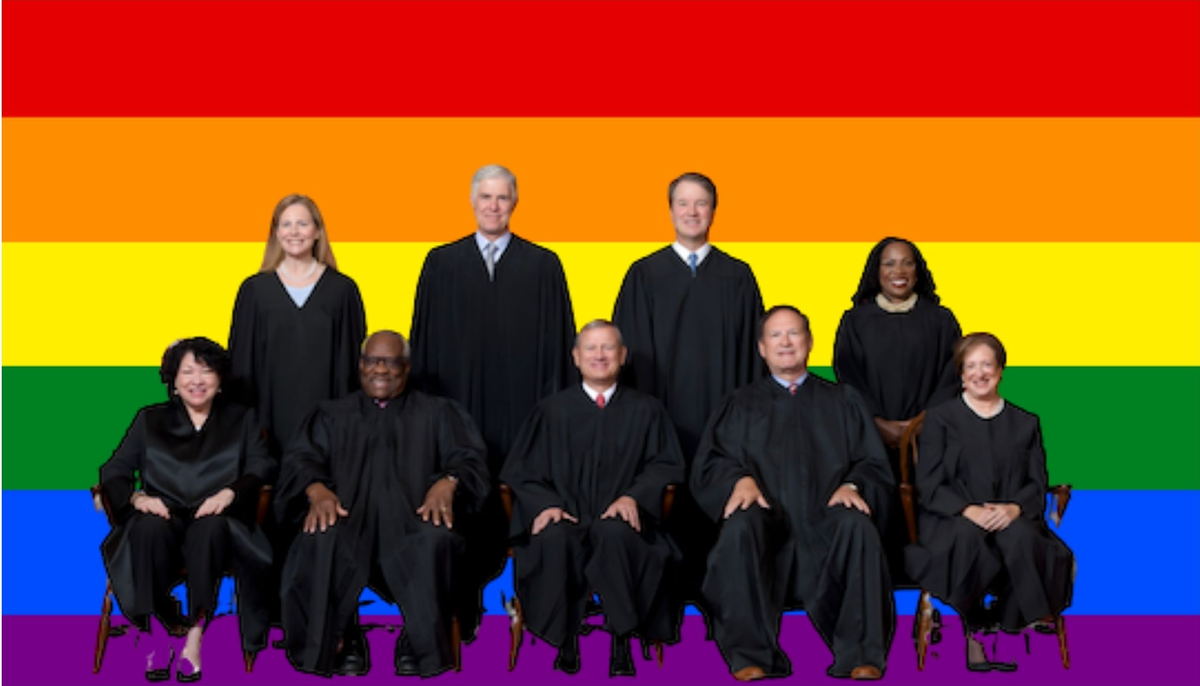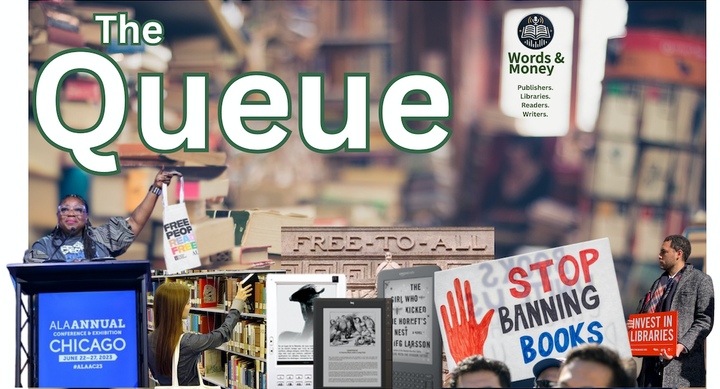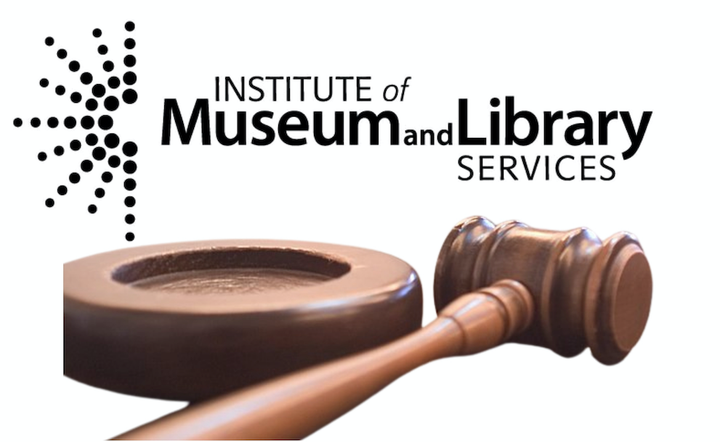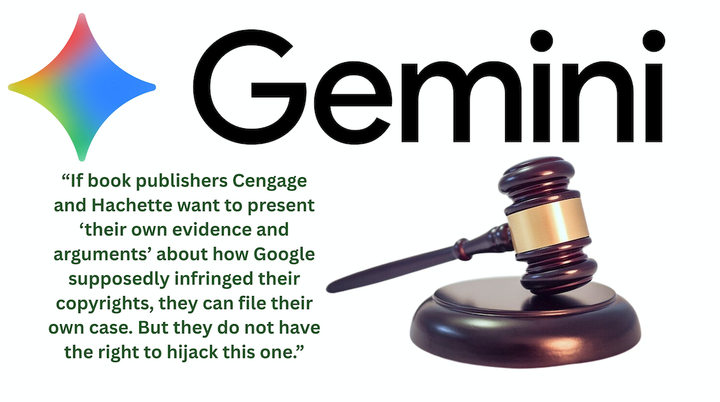Supreme Court Delivers Two Major Decisions Impacting Libraries
the Supreme Court delivered two major rulings on June 27, one negatively impacting the freedom to read, and one saving the popular E-rate program.

With the library community gathered in Philadelphia for 2025 American Library Association Annual Conference, the U.S. Supreme Court on June 27 issued two major rulings that will impact the work of libraries—one that critics say will negatively impact the freedom to read, and another that will allow the popular e-rate program to continue.
In a 6-3 decision in Mahmoud v. Taylor, the Supreme Court’s conservative majority ruled that parents have a right to opt their children out of lessons that use LGBTQ+ themed books in schools, holding that the Montgomery County (Maryland) Board of Education’s refusal to allow opt-outs undermined parents’ rights to exercise their religion.
Writing for the majority, Justice Samuel Alito held that the constitution protects parents’ rights to direct “the religious upbringing of their children.”
The 2023 case involves several children’s books that, Alito noted, “convey a normative message” pertaining to the LGBTQ+ community, sex, and gender.
“Many Americans, like the parents in this case, believe that biological sex reflects divine creation, that sex and gender are inseparable, and that children should be encouraged to accept their sex and to live accordingly,” Alito wrote. “The storybooks, however, suggest that it is hurtful, and perhaps even hateful, to hold the view that gender is inextricably bound with biological sex,” he added, noting that the books in question “impose upon children a set of values and beliefs that are ‘hostile’ to their parents’ religious beliefs.”
In a powerful dissent, Justice Sonia Sotomayor warned that the decision chips away at the role of public education if children “must be insulated from exposure to ideas and concepts that may conflict with their parents’ religious beliefs.”
In a statement, PEN America staff attorney Elly Brinkley called the decision “a fundamental betrayal of public schools’ duty to prepare students to live in a diverse and pluralistic society.”
“By allowing parents to pull their children out of classrooms when they object to particular content, the justices are laying the foundation for a new frontier in the assault on books of all kinds in schools,” Brinkley said. “In practice, opt outs for religious objections will chill what is taught in schools and usher in a more narrow orthodoxy as fear of offending any ideology or sensibility takes hold.”
E-Rate Lives
In better news, ALA leaders applauded the Supreme Court’s 6-3 decision to uphold the Universal Service Fund (USF). The fund, administered by the Federal Communications Commission (FCC) includes the popular E-Rate program, provides libraries and schools billions in crucial funding every year for things like broadband access and connectivity.
Notably, the decision reverses a decision by the ultra-conservative Fifth Circuit, which recently delivered a bombshell book banning decision in Little v. Llano County, in which the court tossed out a 30 year-old precedent in holding that there was no First Amendment right to receive information in libraries.
The ruling comes via a pair of cases of FCC v. Consumers’ Research and FCC v. Schools, Health, & Libraries Broadband Coalition, in which the Fifth Circuit held that the USF programs, including E-Rate, were unconstitutional. In January, ALA filed an amicus brief in the proceeding in support of the program and joined other advocates and champions in defending the fund.
In a statement, ALA President Cindy Hohl applauded the Supreme Court’s decision.
“Roughly 20% of U.S. households still lack access to home broadband. E-Rate funding for affordable, high-speed internet at libraries and schools increases access and opportunity for families and individuals on the wrong side of the digital divide and ensures sustainability for the essential services libraries provid,” Hohl said. “Today’s ruling protects equitable access to broadband connectivity through libraries and the opportunities it affords for education, employment, and civic participation in the modern era.”
This is a developing story. We will update as reaction comes in.


